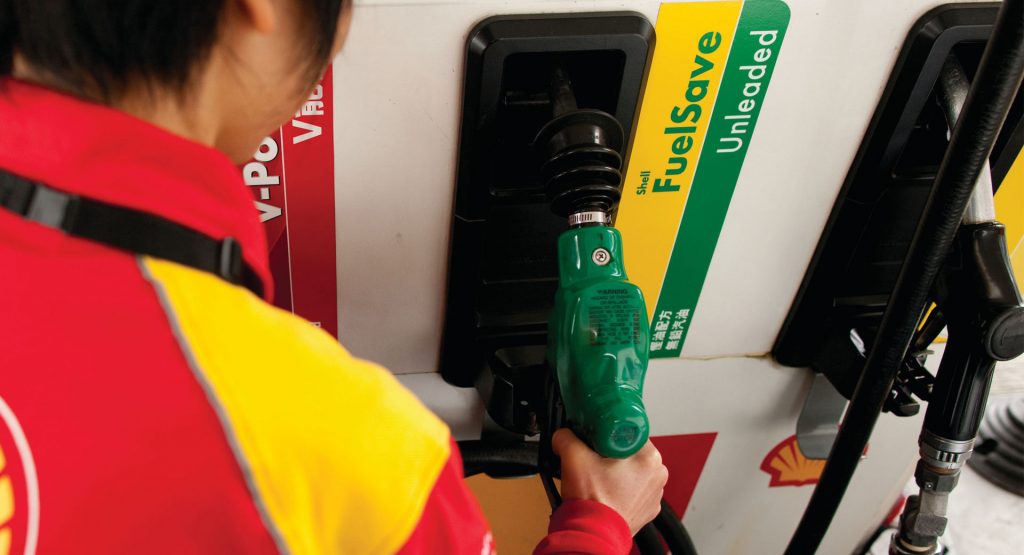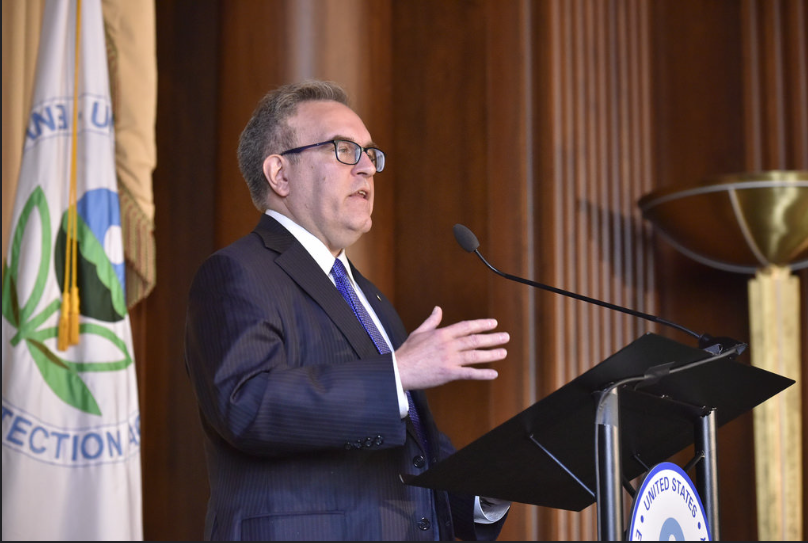The Environmental Protection Agency and the National Highway Traffic Safety Administration have unveiled their new proposal for fuel economy standards following the scrapping of the Obama-era plan which called for a corporate average fuel economy rating of 54.5 mpg (65.4 mpg UK / 4.3L / 100km) by 2025.
Officially named the “Safer Affordable Fuel-Efficient (SAFE) Vehicles Rule for Model Years 2021-2026 Passenger Cars and Light Trucks,” the proposal would freeze fuel economy standards at 2020 levels. NBC News reports this would mean companies would only need to hit an average of 37 mpg (44 mpg UK / 6.3L / 100km).
That’s a pretty sizable difference and the government claims the proposal “reflects a balance of safety, economics, technology, fuel conservation and pollution reduction.” A number of states aren’t buying it and 19 have joined forces to sue over the proposal.
The lawsuit is being lead by California Attorney General Xavier Becerra who said “The Trump Administration has launched a brazen and unlawful attack, no matter how cloaked, on our nation’s Clean Car Standards.” He added “The California Department of Justice will use every legal tool at its disposal to defend today’s national standards and reaffirm the science behind them.”
California has a lot riding on the lawsuit as the government is also seeking to eliminate the state’s ability to set its own vehicle standards. As EPA Administrator Andrew Wheeler explained, “Our proposal aims to strike the right regulatory balance based on the most recent information and create a 50-state solution that will enable more Americans to afford newer, safer vehicles that pollute less.”
As expected, the government claims the new fuel economy standards are “anticipated to prevent thousands of on-road fatalities and injuries as compared to the standards set forth in the 2012 final rule.” The government also said the proposal will save consumers $2,340 (£1,796 / €2,017) since automakers won’t have to increase prices to offset the costs of building more efficient vehicles.
The proposal will be open to 60 days of public comment, but the rule is expected to be finalized this winter.
Most automakers haven’t had time to react to the proposal, but Fiat Chrysler Automobiles said the “proposed rule recognizes that assumptions made in 2012 about consumer preferences have fundamentally shifted in 2018.” The company went on to say the “proposal includes a range of options, and we will carefully evaluate how each aligns with FCA’s goals of continuous improvement in vehicle efficiency.”










